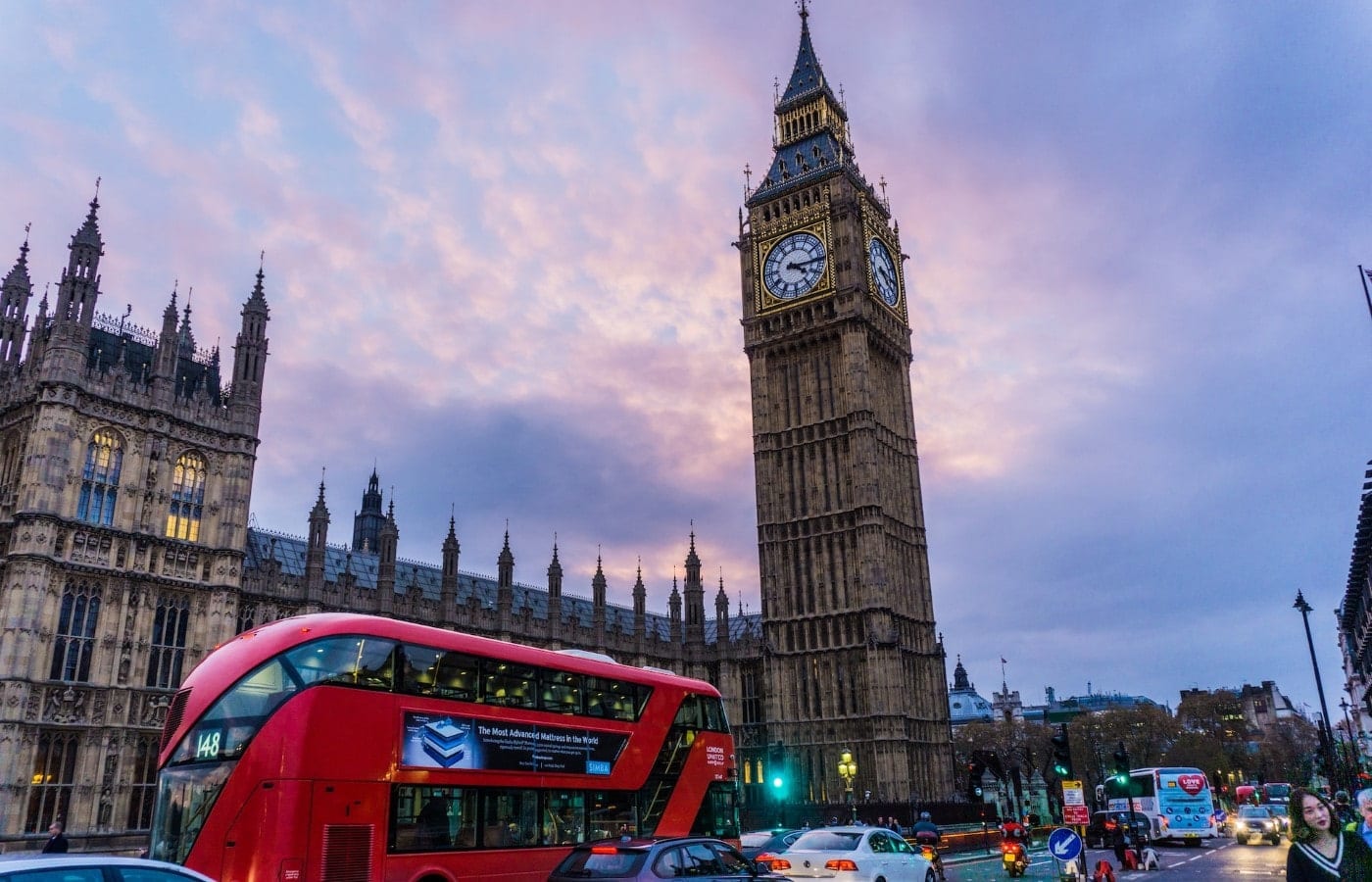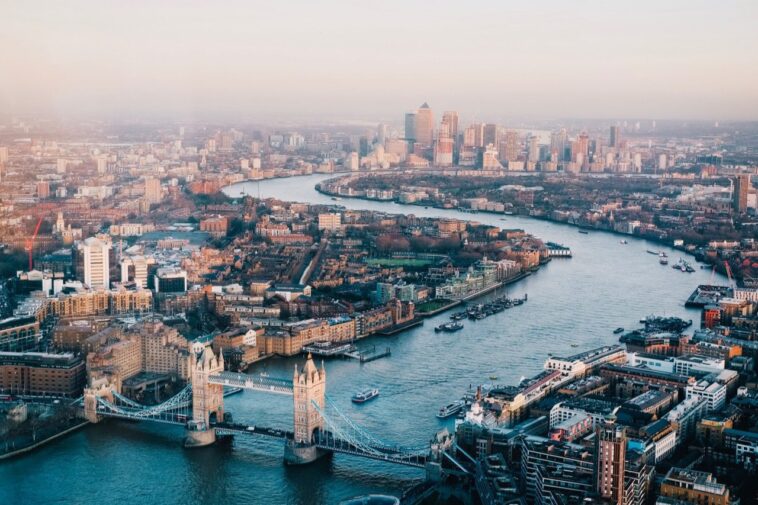Relocating to a new city is always a thrilling yet daunting experience. And when that city is as grand, diverse, and historic as London, the feeling is amplified. However, don’t be intimidated. With proper planning and preparation, you can smoothly navigate through this transition. This guide aims to equip you with the essentials to make your move to London as effortless as possible.
Understanding the City’s Neighborhoods
London is a cosmopolitan metropolis divided into distinctive neighborhoods, each with its unique character, ambiance, and attractions. The first step to a successful move is understanding these different areas and finding one that resonates with your lifestyle.
Central London comprises iconic districts like the West End, known for its theaters, and Covent Garden, famous for its shopping and dining scene. If you prefer living in the heart of the city and close to all the action, this is the area to consider.
The East End, with trendy spots like Shoreditch and Hackney, is a hipster’s paradise, teeming with craft beer bars, vintage shops, and a vibrant arts scene. It’s perfect for young professionals seeking a lively, edgy environment.
In contrast, West London offers posh, family-friendly neighborhoods like Notting Hill and Kensington. These areas are characterized by beautiful Victorian houses, high-end boutiques, and tranquil parks.
South London, including areas like Brixton and Clapham, offers a mix of culture, bustling markets, and open green spaces. It’s popular among families and those who prefer a suburban feel within the city.
The North houses residential areas like Camden and Hampstead, known for their music scene and charming heathlands, respectively. These areas offer a unique blend of city life and nature.
Navigating Public Transportation

Once you’ve found your perfect neighborhood, it’s time to understand how to move around the city. London’s public transportation system is extensive, encompassing the Underground, buses, and trains.
The London Underground, or ‘Tube’, is the city’s rapid transit system, covering 11 lines that connect central London to its suburbs. It’s often the quickest way to get around. You can obtain an Oyster card or a contactless payment card for fare payments. Remember to ‘mind the gap’ and stand on the right on escalators!
Buses are a cheaper, albeit slower, alternative. They offer a scenic view of the city and cover routes less accessible by the Tube. The iconic red double-decker buses are not to be missed.
The Overground trains connect London to the rest of the UK and are ideal for long-distance travel. Tickets can be bought online, at stations, or through various apps.
Finding Accommodation
Finding the right accommodation is paramount to your move. London’s housing market can be competitive, so it’s best to start searching early.
You can find rentals listed on popular websites like Rightmove and Zoopla or work with estate agents who can guide you through the process. Most rental prices are listed per week, so make sure to calculate your monthly budget accordingly. If you encounter issues with moving while seeking the right accommodation don’t be afraid to seek help from https://m25group.co.uk/.
Budgeting and Cost of Living
London is notorious for its high cost of living, but with wise budgeting, it’s manageable. Housing will be your biggest expenditure, followed by food, transportation, utilities, and leisure activities.
On average, a one-bedroom city centre apartment may cost anywhere between £1,200 to £2,000 per month, while outside the city centre, the price may drop to around £900 to £1,500. A monthly transport pass (Oyster card) costs about £140, while groceries for a single person can range from £200 to £300 per month.
Essential Paperwork and Documentation
Relocating to London requires specific paperwork, and the documentation varies based on your circumstances, such as your nationality, job status, and reason for moving.
If you’re from outside the UK, you’ll need a valid visa or work permit. The type of visa required depends on your circumstances, and more information can be found on the UK Government’s official website.
Once in London, it’s vital to register with the local council for council tax, apply for a National Insurance Number (for work), and register with a local GP (doctor).
Healthcare and Insurance

The UK is known for its National Health Service (NHS), providing free healthcare at the point of service for residents. Upon your arrival, register with a local GP to access NHS services.
However, it’s also wise to consider private health insurance for faster access to specialists and private hospitals. Many employers offer health insurance as part of their benefits package.
Opening a Bank Account
Opening a bank account is a vital step in settling into London. You’ll need an account to receive your salary if you’re working, and for direct debits for bills. The requirements can vary between banks, but typically, you’ll need a proof of address (like a utility bill or rental agreement) and identification (passport or driving license).
Many banks offer online banking services, and some have dedicated services for expats and international students. It’s recommended to shop around and choose a bank that fits your needs. For instance, some banks offer accounts with benefits like travel insurance or car breakdown cover, which may be worth considering.
Cultural Etiquette and Customs
London is rich in culture and traditions, and as a newcomer, there are some customs you may want to be aware of. The British are known for their politeness and queueing is taken very seriously. Be sure to always say ‘please’ and ‘thank you’, and respect personal space.
Pub culture is a significant aspect of London life. It’s customary to take turns buying ’rounds’ of drinks for your group when at a pub. Tea is also a big part of British culture, with many Brits enjoying several cups a day.
Exploring Leisure and Entertainment
London is bursting with leisure and entertainment opportunities. The city is home to world-class museums, many of which are free, like the British Museum and the Natural History Museum.
The city’s parks, such as Hyde Park and Regents Park, are perfect for leisurely strolls or picnics. For theater enthusiasts, a visit to the West End is a must. From musicals to dramatic plays, there’s always something captivating showing.
Networking and Socializing

Making connections in a new city can feel daunting, but London is a social hub with plenty of opportunities to meet new people and build a network. Join local clubs or societies that align with your interests; this could be anything from sports clubs to book clubs. Meetup.com is a great platform for finding events and groups in the city, covering a wide range of interests.
Another way to meet people is by volunteering, which not only allows you to contribute positively to the community but also connects you with like-minded individuals. Networking events and workshops related to your profession can also be useful for building professional contacts.
Dealing with Weather and Seasons
One cannot talk about London without mentioning the weather. It’s known for its unpredictability; it’s not uncommon to experience multiple seasons in one day. Winters can be chilly, though rarely extreme, and summers are generally warm but can occasionally reach high temperatures.
Rain is a common occurrence, so carrying an umbrella is a good habit. Despite the reputation, London does enjoy plenty of beautiful, sunny days. Dressing in layers can help cope with fluctuating temperatures throughout the day.
Embracing the City’s Diversity
One of the most beautiful aspects of London is its rich cultural diversity. The city is a tapestry of different cultures and traditions, offering a chance to explore the world within its boundaries. Embrace this diversity by exploring international cuisines at food markets, restaurants, or food festivals. Try dishes from Indian, Chinese, Middle Eastern, Caribbean cuisines, and beyond.
The city hosts numerous cultural festivals throughout the year, such as the Notting Hill Carnival, a vibrant celebration of London’s Caribbean communities, and Chinese New Year festivities in Chinatown. Engaging with these events allows you to understand, appreciate, and celebrate London’s multicultural spirit, enriching your own London experience.




